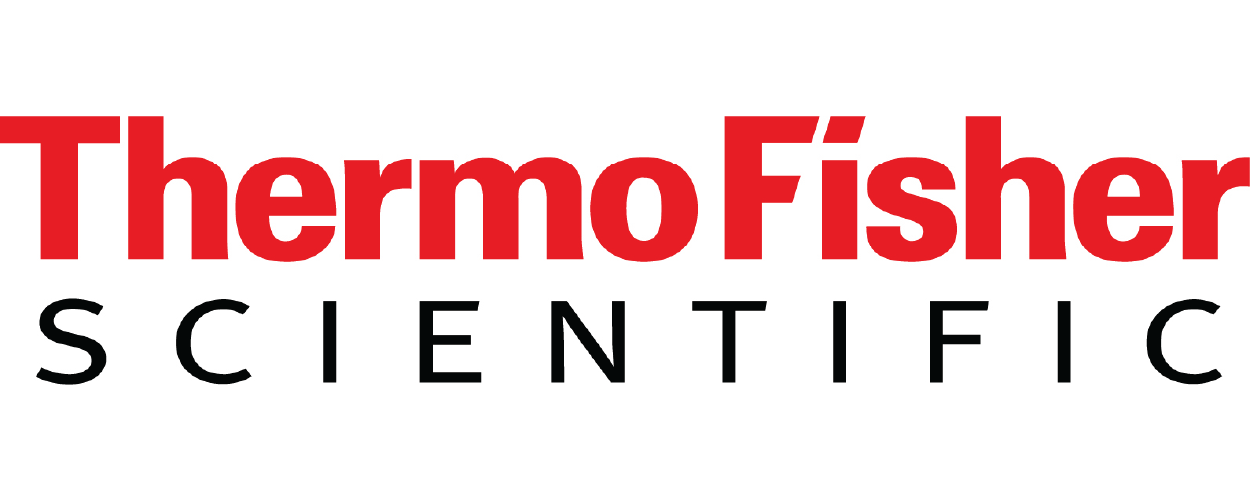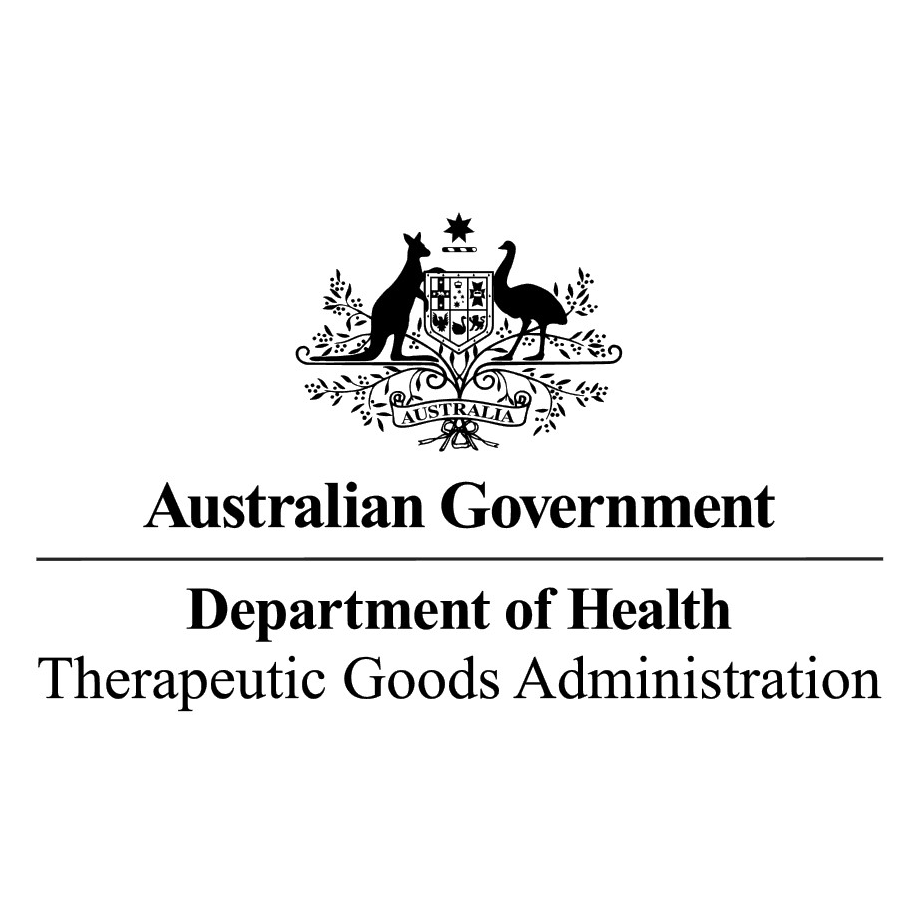As the global healthcare system moves toward precision health, myDNA is at the forefront, with an established reporting capability, supporting healthcare professionals to make important decisions for personalized prescribing.
myDNA at the forefront of Pharmacogenomics
myDNA, has spent the last 15 years building the world’s best pharmacogenomic decision support system. We support partners across the globe with our proprietary platform. Benefits include;
Product agnostic: Our reporting tool can interpret laboratory results from laboratories using Agena, Thermo Fisher and Illumina.
One stop shop: We have the ability to provide a reporting-only solution or we can offer the end-to-end solution of laboratory testing and reporting services. This flexibility allows us to meet the needs of a wide range of customers.
Proprietary Reporting platform: Our proprietary engine takes inputs from internal and external sources to produce a meaningful and actionable pharmacogenomics report.
Proven track record: We integrate PGx into large-scale health systems, pharmacy systems, pathology lab systems, and hospital and clinical software. This experience allows us to help our customers implement PGx testing and reporting in a way that is efficient and effective.
Why laboratories are using myDNA Reports
myDNA’s pharmacogenomic interpretations and reporting tool uses cutting-edge technology to interpret pharmacogenomic (PGx) test results and provide personalized treatment recommendations. Benefits include;
Accuracy: Our reporting tool is highly accurate and has been validated by leading clinical experts.
Comprehensiveness: Our reporting tool covers a wide range of pharmacogenes and drug-gene interactions.
Ease of use: Our reporting tool is easy to use for both clinicians and patients.
Scalability: Our reporting tool is scalable to meet the needs of healthcare organizations of all sizes.
myDNA Reporting Features:
PDF report: The tool generates a comprehensive PDF report that includes a patient’s PGx test results, personalized treatment recommendations, and educational information about PGx testing.
FHIR API: The tool also provides a FHIR API that allows developers to integrate the tool with other healthcare systems. This allows healthcare organizations to provide their patients with access to personalized insights into their drug metabolism and response within their existing workflows.
Interactive Clinical Decision Support tool: The tool also includes an interactive Clinical Decision Support tool that can be used by clinicians to make informed decisions about how to prescribe medications to their patients based on their PGx test results.
Request Sample Report
Registered doctors can request a sample myDNA Medications Report.
Pharmacogenomics Applications:
How myDNA’s pharmacogenomic interpretations and reporting tool can be used:
Hospitals A hospital can use the tool to develop a clinical decision support system that alerts clinicians to potential drug interactions based on a patient’s PGx test results.
Pharmacy A pharmacy can use the tool to develop a system that recommends alternative medications to patients who are taking medications that are not compatible with their PGx profile.
Pharmaceutical Companies A pharmaceutical company can use the tool to develop a new drug that is less likely to interact with other medications that patients are taking.
Enquire Here
For enquiries for our myDNA pharmacogenomic interpretations and reporting tool please leave details below and we will get back to you in the next 2 business days.
Our Partners:



PGx is in our DNA

Associate Professor Les Sheffield
Clinical Geneticist & myDNA Co-Founder
Since the 1980s Professor Sheffield has been involved in the design and development of genetic tests. As a Clinical Geneticist, he has authored more than 100 scientific publications. In 2007 he founded myDNA to assist in more informed prescribing of medications. He continues to drive the development of new healthcare services as Medical Director.
Evidence behind pharmacogenomic testing
We reference the guidelines of the Royal Dutch Pharmacists Association, Pharmacogenetics Pharmacogenomics Working Group & the Clinical Pharmacogenetics Implementation Consortium (CPIC), which have been most recently published.
The following publications contain significant evidence for gene-drug associations of which dosage adjustments have been recommended.
- CPIC Guideline for CYP2D6 and CYP2C19 genotypes and dosing of Tricyclic Antidepressants
- CPIC Guideline for CYP2D6 and CYP2C19 genotypes and dosing of Selective Serotonin Reuptake Inhibitors (SSRIs)
- Dutch Pharmacogenetics Working Group guidelines which include a number of antidepressant and antipsychotic medications
Trusted Australian accreditation
Your data under lock and key
Your DNA sample and data remain your property, are stored on secure encrypted services, can be destroyed anytime at your request, and will never be shared without your consent.
Our analysis is limited to the DNA markers we report on. Your results won’t include diseases, can’t be used to identify you, nor will they have any bearing towards insurance policies.


